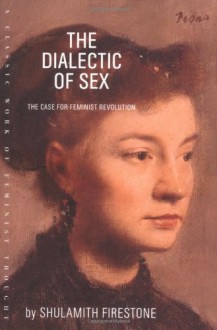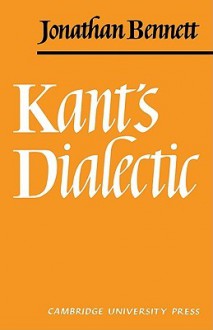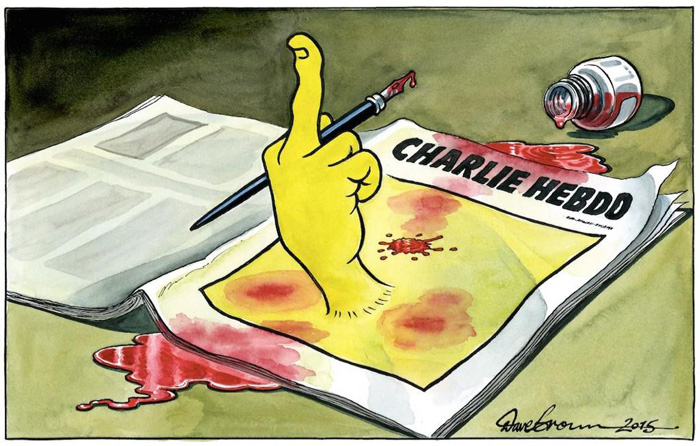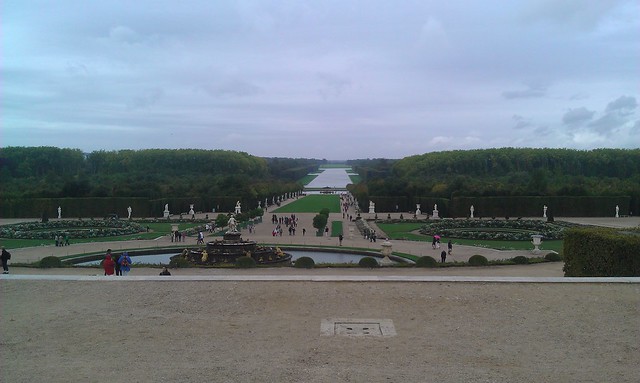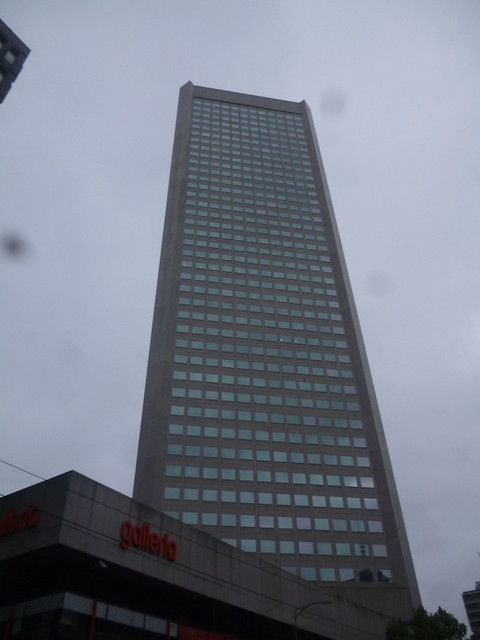
This rather short dialogue is written in the style of the Ancient Greek playwright Aristophanes (though it is nowhere near as rude and crude as his plays) and is a simple interaction between Pope Julius and St Peter (with Julius' guardian spirit providing some snide comments as the dialogue progresses) after Julius arrives at the pearly gates and discovers that the keys to the kingdom of heaven that were given to St Peter are not the keys that Julius happens to have in his pocket. Basically it is a criticism of what the church has become in Julius' time and how Pope Julius, the supreme authority in Western Christendom was simply another power player in the political world of the time, and as such while he may go around with the title of 'Most Holy Father', it is just that – a title given to him by the world and nothing more.
Once again, as I was reading this dialogue I could not help but see how similar the church of Erasmus' age and the church of today happens to be. Sure, the church is supposed to be a moral compass, but in our day and age this moral compass seems to require a lot of recalibrating. For instance we have the church running around condemning people for 'sexual sin' and abortion, yet are doing nothing to actually provide support and assistance for those in real need, nor are they condemning unrestrained greed, corruption on politics, or environmental destruction. Also, like the church of Erasmus' age, it has become little more than a boys club, and while positions in the church may not be purchased directly, we still see such positions being handed out to the 'most worthy' individuals in the congregations, usually though who are quite well off. In fact I was told of one particular church that would hand out to elderships to those who had happened to have succeeded in life (which usually meant that they were giving a substantial amount of money to the church).

Pope Julius
Then there is the question of indulgences, namely where the church would sell admissions to heaven in the after life, and it didn't just rest with the living, you could also buy indulgences for the dead. The funny thing is that we see things like that going on today – did you know you can buy real-estate on Mars? To me it sounds a lot like an indulgence, namely something that somebody purchases that actually has no value whatsoever. Okay, you can apparently 'name' a star, but my research revealed that the name of the star does go on record, and it is a fundraising activity by an astronomical organisation (though I still haven't gone ahead and named a star after Schrodiger's Cat). As for the church, they may not sell indulgences directly, but there is a doctrine that goes around that basically says the more that you give to the church the more that God will bless you now and in the life here-after – what they are suggesting is that it is like the stock market – we buy into the Church and God will pay us dividends now, and also guarantee an entrance into heaven.
Another interesting thing that is raised is how the Pope can't actually do anything wrong, even if he does things that are wrong. It sounds remarkably similar today were the wealthy are able to get away from crimes much easier than those of the lower classes. As a friend of mine suggested most serial killers are white because they are less likely to be searched, or questioned, by authorities than are people of colour, which means that if somebody of colour happens to have the tenancies that give rise to being a serial killer they are usually caught, and taken out of society much sooner than a white person. Mind you Julius' position went much further in that being the Pope he could simply wipe away any consequence of any sin that he may have committed. In a way it is also similar with the concept of war crimes – I do not know of any post World War II Western leader that has been brought to The Hague for committing war crimes, but then again war crimes are only ever committed by the loser in a war.
As for the political nature of the church, well it seems that this is also the case today – one of the reasons that the church has become so powerful in the United States is that it has taken control of the Republican party, but even here in Australia, elements of the church have put their claws into the political system, and whatever their moral position is, it is their economic agenda that has me concerned because it is an agenda of small government, light taxation, and limited regulation – they may wish to make homosexuality a crime and punish people having an abortion by charging them with murder, but they will do little for the child once it is born and condemn them to a life of poverty and destitution. They also hate welfare because they believe it leads to laziness, and that those who are poor are poor because they are there by choice, not because of some other circumstance in life.
Another example of how the church interferes politically is with a program the Australian government developed to attempt to deal with bullying with schools, however the Christian right were so incensed that 'it promoted homosexuality' that they canned it, despite the fact that bullying in schools has a tremendous psychological effect upon the victims and the families involved. Sure, they might jump up and demand that we stop playing the victim, but as soon as society turns against the church all of the sudden they start screaming persecution.
In fact they also love crying out how they are being persecuted – you cannot criticises the church, or what it does, without being told that you are persecuting the church. However they claim unfair when the left calls them bigots for their stance against the LGBT community. I have been to churches where criticism is shut down through a variety of ways – you are denying Christ, you have unworked out sin in your life, you obviously don't understand the Bible, we cannot change our position because once we do it is a slippery slope into liberalism. No wonder people are deserting the church in droves.

 Log in with Facebook
Log in with Facebook 
